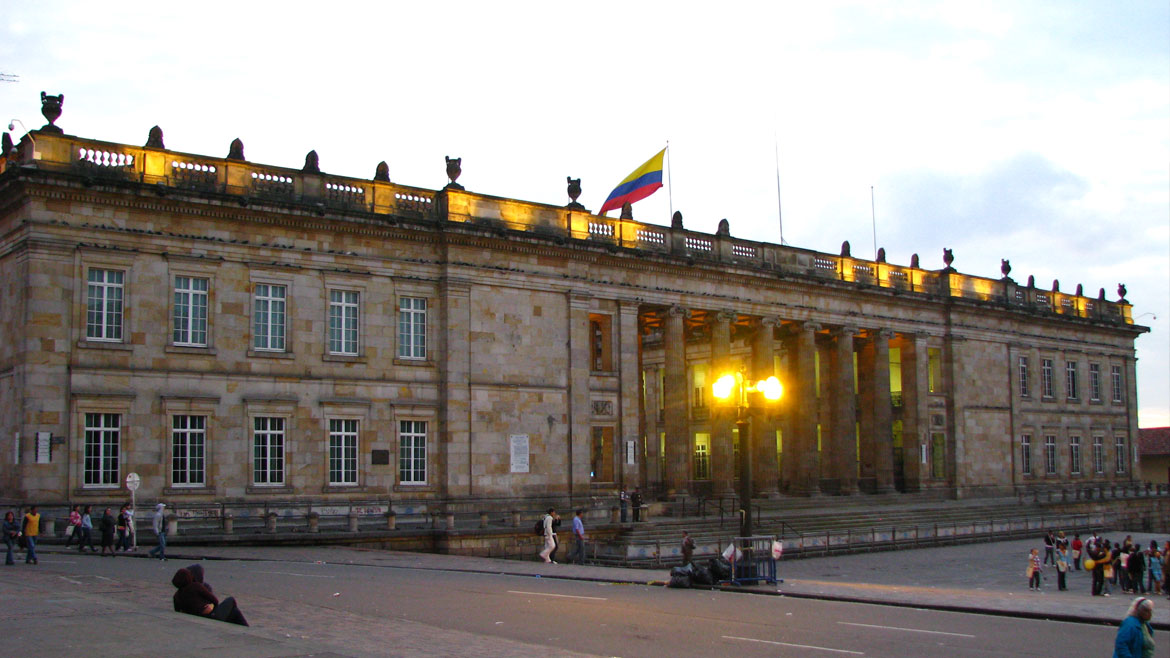Colombia’s Senate voted to dramatically increase the budgets of regional authorities ahead of a debate to decentralize government.
The bill, which has yet to be approved by the House of Representatives, obligated the national government to gradually increase the funds sent to mayors and governments from 20% of the national government’s revenue in 2027 to 39.5% in 2039.
The decentralization will allow local and regional authorities to exercise more control over economic development, poverty reduction, public healthcare and education.
Economists had criticized the move to begin sending funds to regional and local governments, arguing that Congress has yet to approve legislation that decentralizes spending.
Congress initially wanted to send regional and local governments as much of 46.5% of the national revenue before 2034, but agreed on a less ambitious decentralization in an attempt to soothe criticism from within the Finance Ministry.
The senators also agreed to add a clause that would suspend the increasing of funds for local and regional governments until after Congress regulates decentralized spending.
The compromise received all but absolute support in the Senate and is expected to see little opposition in the House.
The bill, which was sponsored by Green Alliance Senator Ariel Avila, can also count on the support of President Gustavo Petro.


